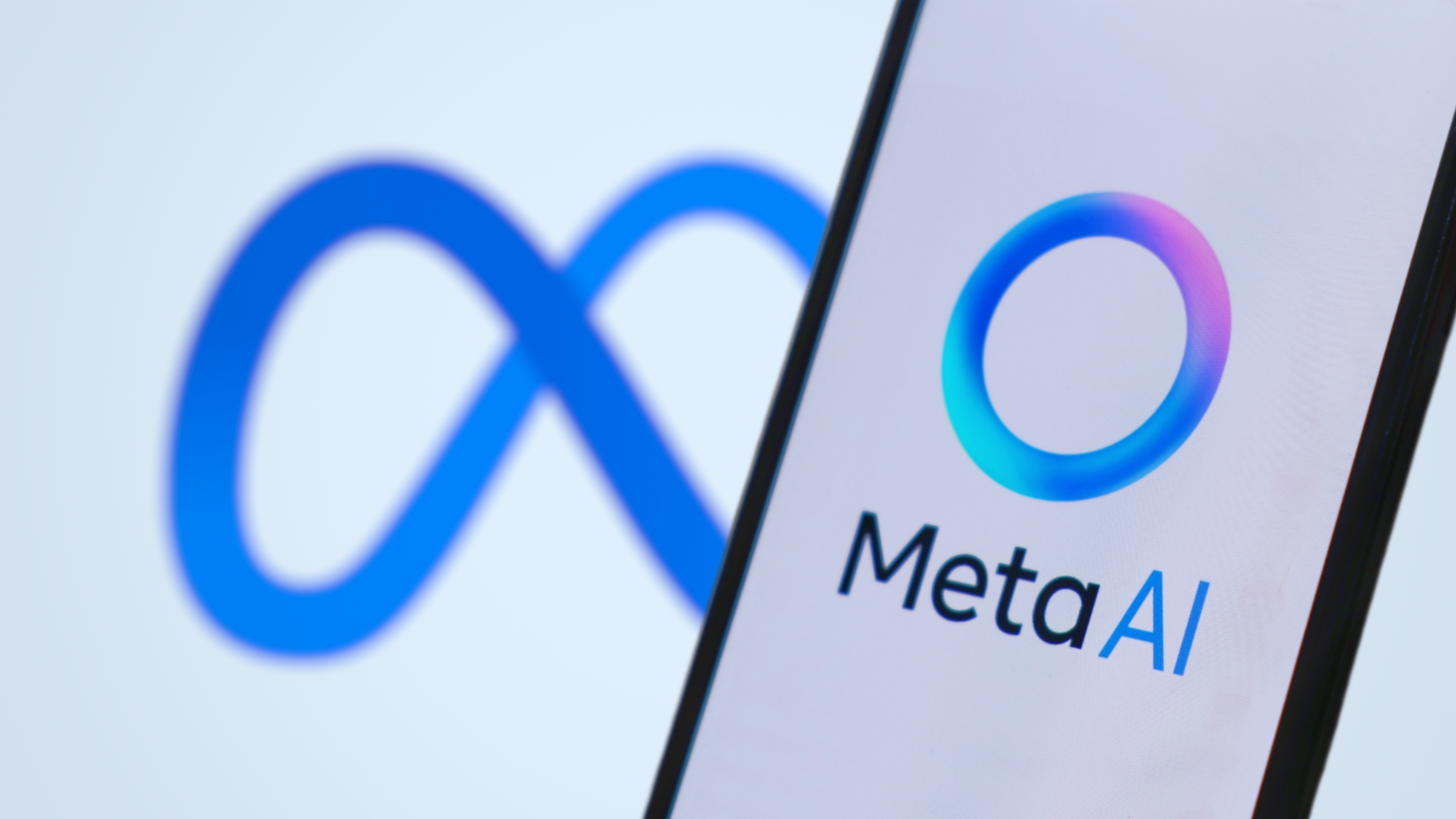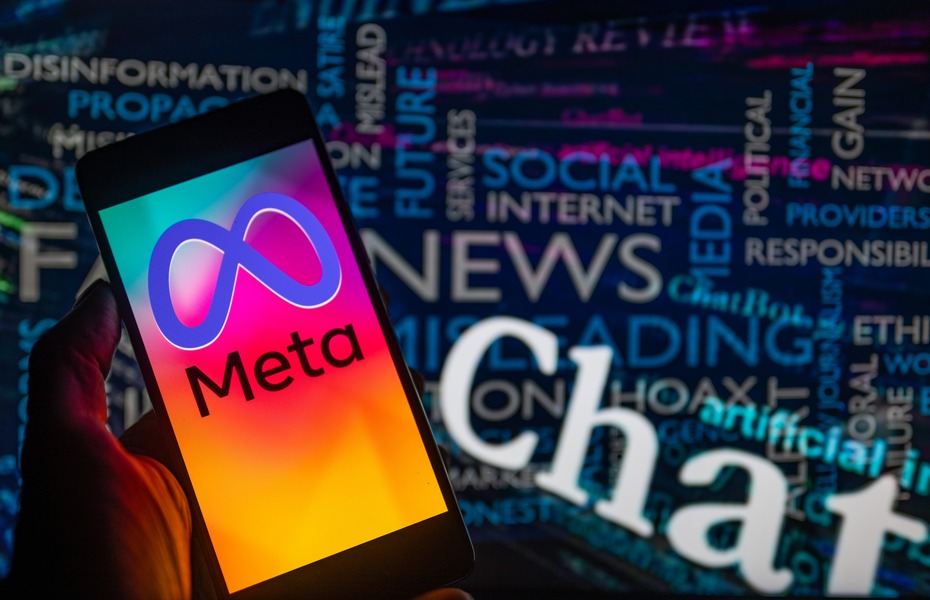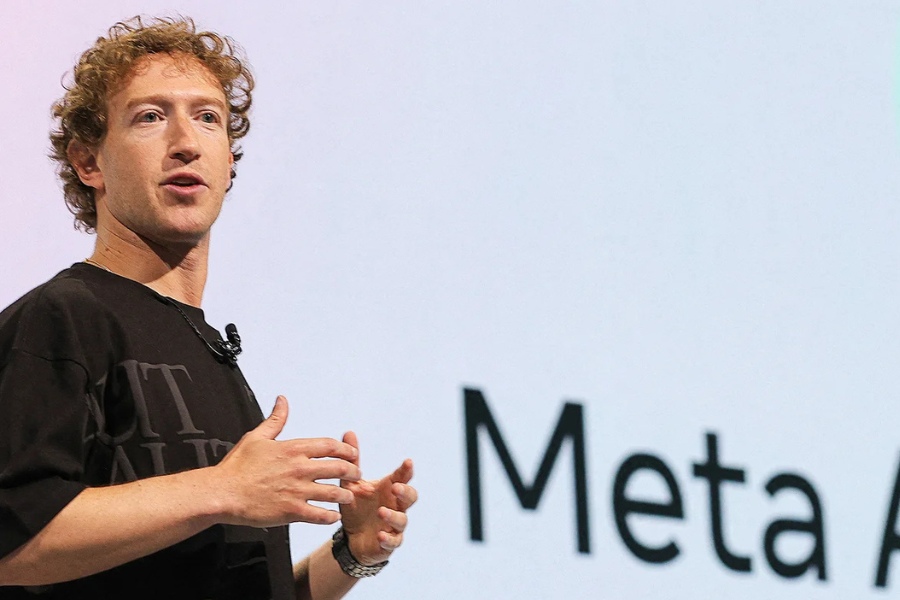The latest controversy on Facebook concerns the inflation of user stats in high-revenue markets. As reported by AdNews earlier this month, the company's statistics about audience size in certain demographics exceeded those of official government census data.
Some advertisers and other players have expressed outrage that agencies and their planners did not put the two stats together, although the information was freely available for anyone to analyse.
“This is a serious issue as it breeds mistrust within the industry,” says Reza Behnam, the co-founder and executive chairman at CtrlShift. “As an industry, we need to avoid creating opportunities for clients to question the players in the marketing ecosystem.”
As David Indo, the CEO of ID Comms, put it in the latest episode of the company's video series, MediaSnack, “A planner will be looking at these figures and justifying Facebook’s role within a media plan in comparison to other media. If these figures are inflated, then it perhaps provides a pretty picture for Facebook’s role within that media.”
However, there is another viewpoint on the issue: that it is actually a non-issue. Why? Because the psychographic profile of a target audience using a platform matters more than what percentage of the demographic is being reached.
“There are many people who have multiple profiles and teenagers who don't wait for the legal age to create an account,” said Kim Hoeu, the APAC paid social lead at Essence. “It is a shame that this is under the spotlight since Facebook has been trying hard to re-establish confidence with advertisers.”
Hoeu said planners always factor such discrepancies into their campaigns. She further points out that Facebook does not profit from the inflation, as it only earns based on campaign performance, such as clickthrough from humans and not bots.
Mirroring the afterthoughts of several practitioners we spoke with, Hoeu remarked that planners should proactively consider the many different profiles—tourist, teenager, underaged—and realize that there is an understood range of overestimation in every medium.
“Advertisers would have appreciated that and we would have focused our efforts on real matters,” she concluded. “So on this front, this is not a priority issue.”
Danish Ayub, the CEO of MWM Studioz, insisted that the real problem is the complete lack of clarity and even understanding about what Facebook’s data means.
“At the same time, it's being pushed as a pseudo-currency for precision marketing,” he argues. “There is data, great, but if I can't completely make sense of it, or if even after dicing and slicing it simply feels unsatisfactory, then we have a problem and I think Facebook ought to get their house in order.”









